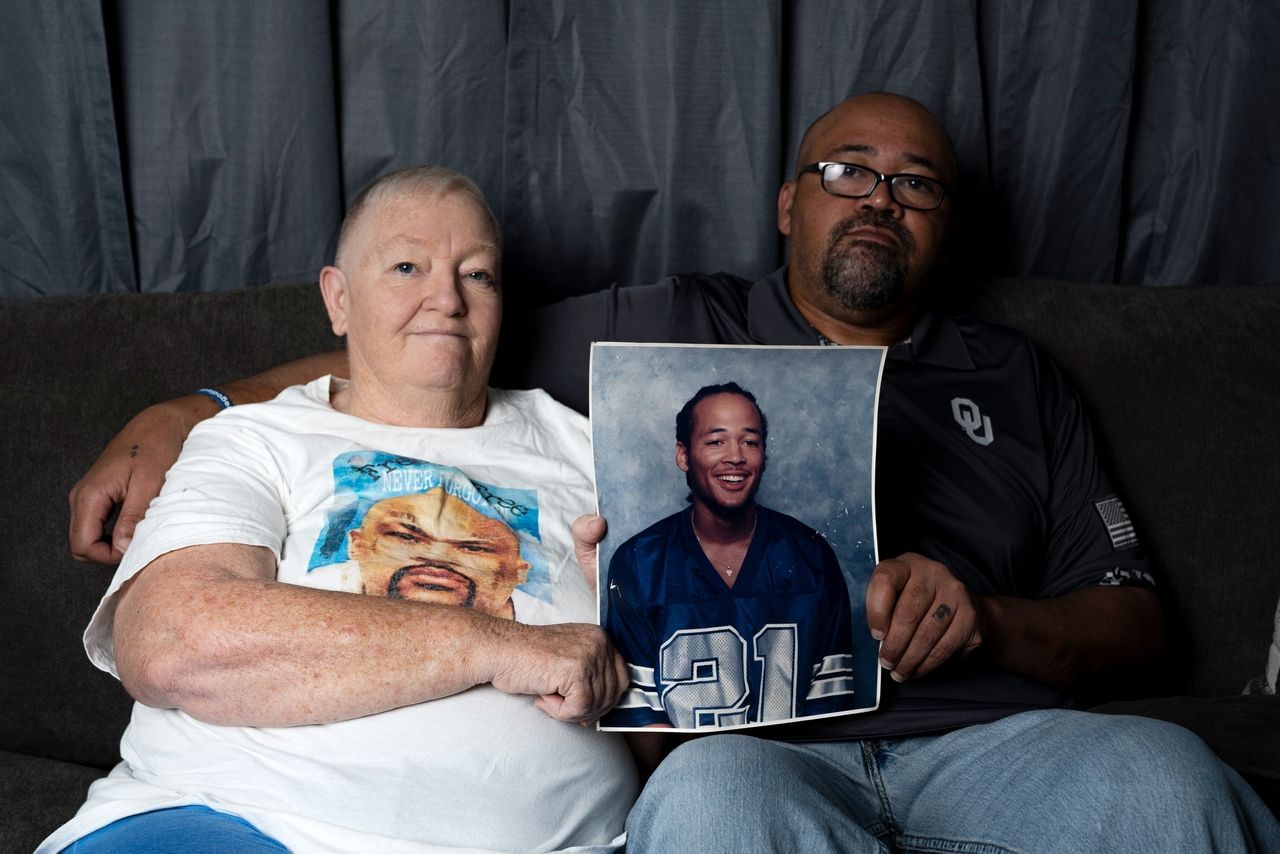Huff Post - Tremane Wood and Oklahoma's Felony Murder Statute
Oklahoma's felony murder law states anyone involved in a felony that leads to a death can be held criminally responsible for that death, regardless of intent or involvement in the actual killing

In Oklahoma, the felony murder law removes the state’s obligation to prove the ‘intent to kill’ requirement while subjecting the defendant to the same level of punishment. According to state statute, when an individual is convicted, pleads guilty or pleads nolo contendre (does not contest charges), the punishment is either life with or without the possibility of parole or the death penalty.
Amanda Bass, assistant federal public defender and part of the legal team representing Wood, spoke about the felony murder doctrine. “It is innately unjust and it reflects a kind of policy judgment that state legislatures make about wanting to penalize people through this extreme sanction,” Bass said. “It’s a law that is still on the books in Oklahoma and, as a result, you can have people like Tremane who are facing execution even though the actual killer has gotten a lesser sentence.”
Wood's case was recently profiled in the Huffington Post in "On Death Row for a Crime is Brother Admitted To." Excerpts are included below.
*****
Linda Wood was not in the courtroom when her son Jake Wood was sentenced. She had already seen her youngest son, Tremane Wood, go to death row for the murder, which he insisted he did not commit. It seemed all but inevitable that Jake, who at one point had bragged about killing the victim, would follow. Linda could not bear to watch.
Close enough in age to be mistaken for twins, Tremane and Jake had always been inseparable — until they were forced apart in foster care, group homes, juvenile detention centers and eventually, prison. In 2002, they, along with two women, were charged with first-degree murder for the killing of Ronnie Wipf during a botched robbery in Oklahoma City. The charges didn’t distinguish between degrees of culpability — all four were accused of being equally responsible for Ronnie’s death.
Under the state’s so-called felony-murder statute, anyone involved in a felony that leads to a death can be held criminally responsible for that death, regardless of intent or involvement in the actual killing. Prosecutors didn’t have to prove who killed Ronnie, only that each of the defendants participated in the robbery that resulted in his death. The state sought lengthy prison sentences for the women — who had fled by the time of the killing — and death sentences for Tremane and Jake.
At Tremane’s trial, prosecutors portrayed him as the killer, and a jury sentenced him to death. At Jake’s trial the following year, prosecutors flipped their script and suggested Jake had killed Ronnie. As the Wood family braced for a second death verdict, the jury delivered a shocking decision: Jake was sentenced to life in prison without the possibility of parole.
“Thank God they aren’t going to kill my baby,” Linda cried as she learned the news.
That initial burst of relief gave way to a decades-long struggle to reckon with Tremane’s death sentence and the ripple effects of prosecutors’ decision to aggressively charge four people for a killing that the facts showed only one person committed. In interviews with Tremane on Oklahoma’s death row, his family, friends and lawyers, as well as a surviving victim of the crime and the victim’s mother, the same question lingers: How did Tremane receive a harsher punishment than his older brother, who had admitted to the killing?
*****
You can read the full piece, "On Death Row for a Crime is Brother Admitted To," at the Huffington Post.










